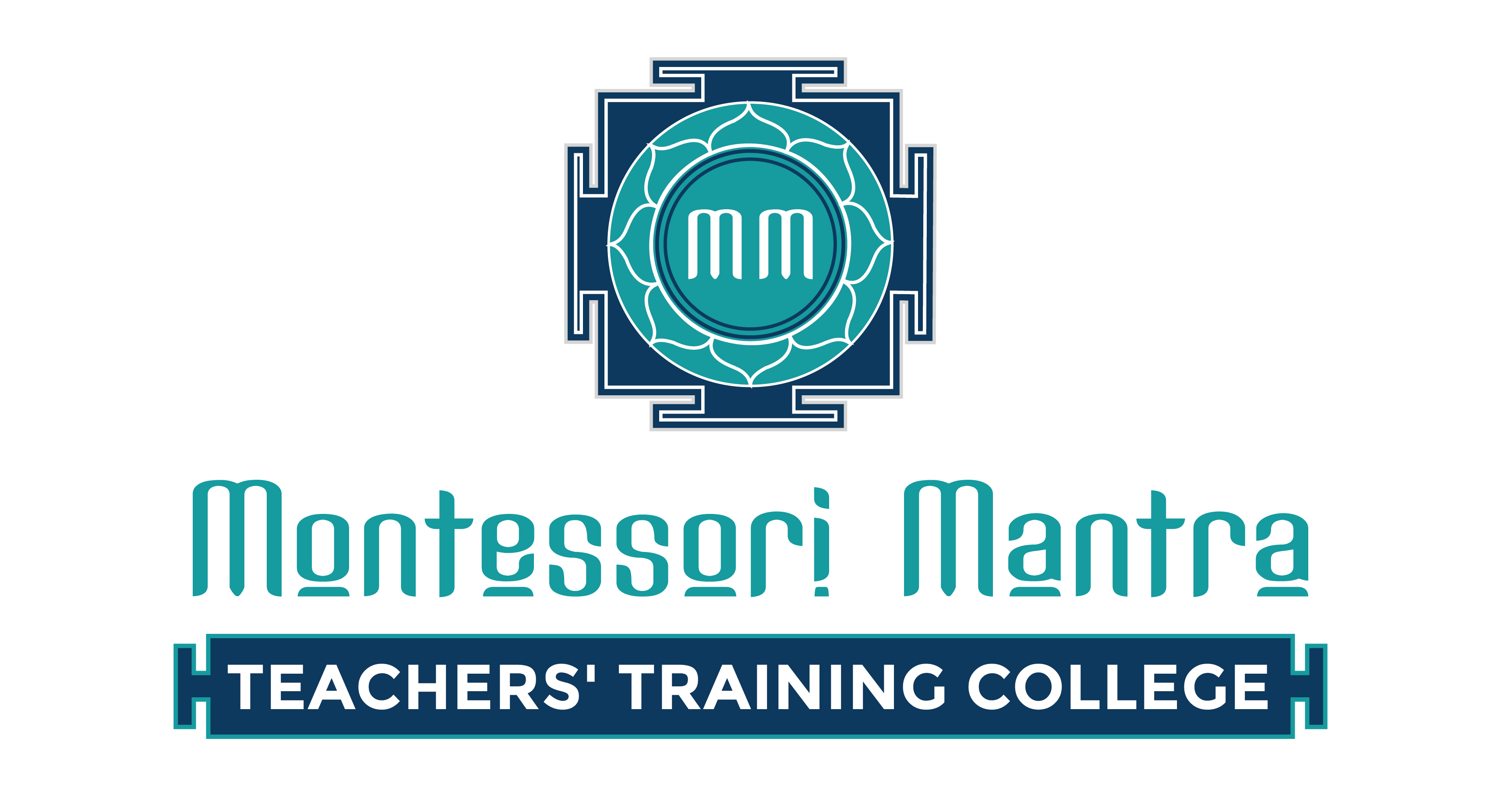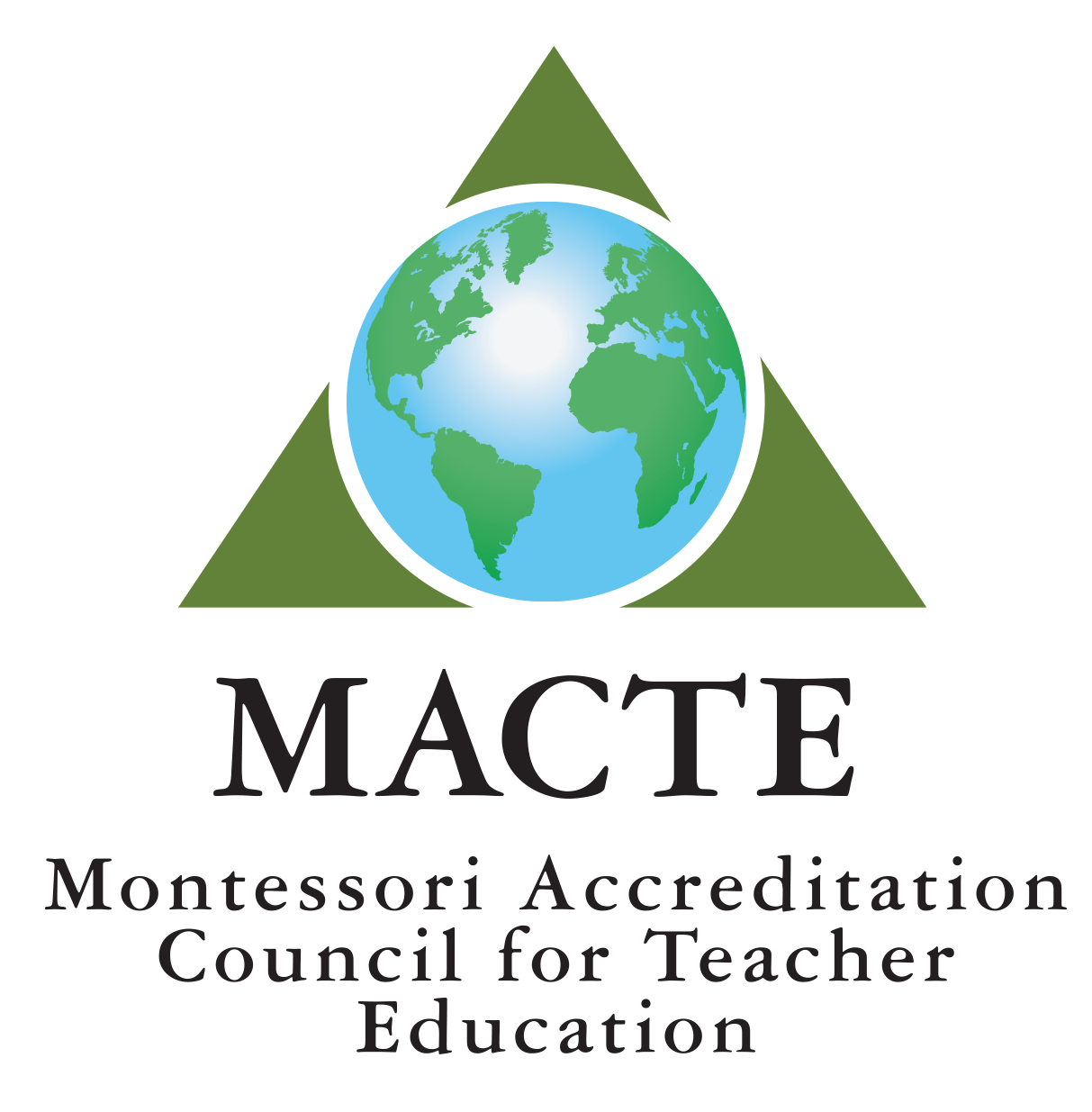
The early years of a child’s life are crucial for building the foundation for lifelong learning. Montessori education for infants and toddlers takes advantage of this critical period by creating environments that nurture curiosity, independence, and motor skills. Montessori programs designed for young children emphasize sensory exploration and emotional development, helping even the youngest learners thrive. Let’s explore the key benefits of Montessori education for infants and toddlers.
1. Encourages Early Independence
Even at a young age, children naturally seek to do things for themselves. Montessori environments for infants and toddlers are designed to promote independence, with low shelves, child-sized furniture, and simple activities that encourage self-reliance. By providing the right tools, toddlers can learn to dress themselves, tidy up their space, and explore on their own terms, building confidence in their abilities.
2. Promotes Motor Skill Development
Infants and toddlers are in a critical stage of developing fine and gross motor skills. Montessori classrooms provide a range of activities that support both, from simple grasping tasks for infants to more complex actions like pouring or threading for toddlers. Montessori materials are specifically designed to be easy for small hands to manipulate, allowing children to strengthen their coordination in a natural way.
3. Fosters Sensory Exploration
Young children learn best through their senses, and Montessori environments are designed to stimulate all five senses. Montessori classrooms feature textured materials, various sounds, colors, and objects that encourage toddlers to explore their environment in a meaningful way. Sensory play is essential for cognitive development, helping children make sense of the world around them.
4. Builds Emotional and Social Skills
Montessori education doesn’t just focus on intellectual development—it also emphasizes emotional and social growth. In Montessori classrooms for toddlers, children are encouraged to interact with peers, share materials, and participate in group activities. These early social experiences help children develop empathy, patience, and communication skills. Teachers gently guide children to resolve conflicts and express their feelings in a positive way.
5. Tailored to Each Child’s Developmental Pace
Every child develops at their own pace, and Montessori education honors that individuality. In a Montessori environment for infants and toddlers, children are free to explore activities that match their interests and developmental stage, without being rushed. Teachers observe and adapt the environment to meet the needs of each child, ensuring that they are challenged just enough without feeling overwhelmed.
6. Nurtures Early Language Skills
Montessori education places great emphasis on developing language skills from an early age. Teachers speak clearly, use rich vocabulary, and encourage infants and toddlers to express themselves. Storytime, singing, and conversations are a key part of Montessori learning, helping children build a strong language foundation. In addition, Montessori materials like picture cards and object naming activities introduce children to language in a hands-on, engaging way.
A Nurturing Start with Montessori Education
Montessori education offers infants and toddlers a warm, supportive environment where they can explore their world, build key skills, and develop independence from the very start. By focusing on the whole child—emotionally, socially, and cognitively—Montessori lays the groundwork for lifelong learning. Whether at home or in a classroom setting, the Montessori approach gives even the youngest learners the best start possible.


